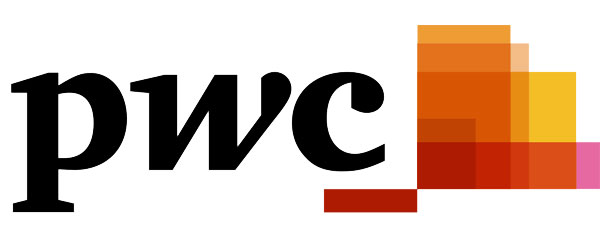New Law on Public Private Partnership
PwC Legal Vietnam
11th August 2020
On 18 June, the National Assembly passed the Law on Public Private Partnership (PPP) which will come into effect from 1 January 2021 (except for Article 101.6 which halts the application of the BT contract form from 15 August 2020). While the new PPP Law shows the government’s strong commitment in attracting private sector investment to the country’s core infrastructure sectors, it also introduces certain fundamental changes to current PPP/BOT practices which will likely be of concern to foreign investors and lenders.
Key changes include: • Investment Sectors. In comparison with Decree 63/2018, the new PPP Law narrows down its investment fields and focuses to the following five essential areas: 1. Transportation 2. Power grid, power plant (except hydroelectric plants and some other cases) 3. Irrigation, clean water supply, drainage, wastewater treatment, waste treatment 4. Health care, education and training 5. IT infrastructure Accordingly, investments in many areas, such as the public lighting system, parking lots, social housing, vocational training, culture, sports, tourism, infrastructure works for urban areas/ economic zones/industrial parks, agriculture and rural development, etc., will no longer qualify for development under the PPP form. • Minimum Investment Capital. The total investment capital required for a PPP project in health care or education/training must not be less than VND100bn; and for PPP projects in the remaining four areas (as listed above) it must not be less than VND200bn (except for Operate - Manage contracts where a minimum investment capital is not applicable). However, for PPP investment in geographical areas with difficult socio-economic conditions, a lower threshold of VND100bn is acceptable. • State capital participation. State investment in a PPP project is now limited to 50% of the total investment capital of the project, which includes the funding for land clearance. • Government Guarantee and Risk Sharing. The new PPP Law removes the general provision of a government guarantee and performance guarantee for state-owned enterprises, which raises concerns about the bankability of major projects requiring offshore lending. Instead, the new PPP Law for the first time introduces a risk sharing mechanism between the government and investors. The risk sharing mechanism will be applied when actual revenue increases to more than 125% or decreases to less than 75% in comparison with the projected revenue in the financial plan included in the PPP project contract. In these cases, the government will share 50% of the difference with the investor(s). The new PPP Law stipulates that the government will provide guidance on this mechanism. The new PPP Law also reaffirms the government position, seen in practice in BOT power projects to-date, of offering to the project companies of important PPP projects a government guarantee of foreign currency convertibility. Under the new PPP Law, the Government will provide a guarantee for conversion of up to 30% of the project revenues in Vietnamese Dong, less expenses in Vietnamese Dong, to foreign currency for remitting abroad. • Governing Law. A fundamental change to PPP contracts is the requirement that Vietnamese law be the governing law of the contract, its schedules and other documents signed between the state agencies, investors and project companies. This will be different from the practice to date of many major BOT power projects where BOT contracts have been governed by English law. Again, this might adversely affect the bankability of projects. • Forms of investor selection. The forms of investor selection applied in PPP investment will include: o Open tendering; o Competitive negotiation; o Direct appointment of investors; and o Selection of investors in special cases.
Please Login or Register for Free now to view all updates and articles
In addition to free-to-view updates and articles, you can also subscribe to the full Legal Centrix Vietnam Service including access to:
- Overview notes on the law
- Thousands of high quality translations of legislation covering all key business areas
- Legal and tax updates
- Articles on important legal and tax issues
- Weekly email alerts
- Sophisticated web platform and search
Legal Centrix is trusted by top law and accounting firms.
Author

-
PwC Legal Vietnam
Vietnam
Tags
Related Content
- Saturday, August 01 2020
Recent updates
- Vietnam: Mediation in Intellectual Property disputes
- Vietnam: Recent Regulations On Auctioning Land Use Rights For Residential Land Allocation, Capital Contribution Activities in Credit Institutions, and Personal Data Protection
- Vietnam: Third-party funding in the resolution of investment-related disputes: A financial risk-reduction method for doing business with Europe
- Vietnam: Shareholders’ agreements indirectly recognized via beneficial ownership
- Vietnam: Electronic signatures in investment registration dossiers: Inevitability and practical challenges
- Vietnam: Customs Alert - Circular No. 121/2025/TT-BTC on Customs procedures and Tax administration for import and export goods

